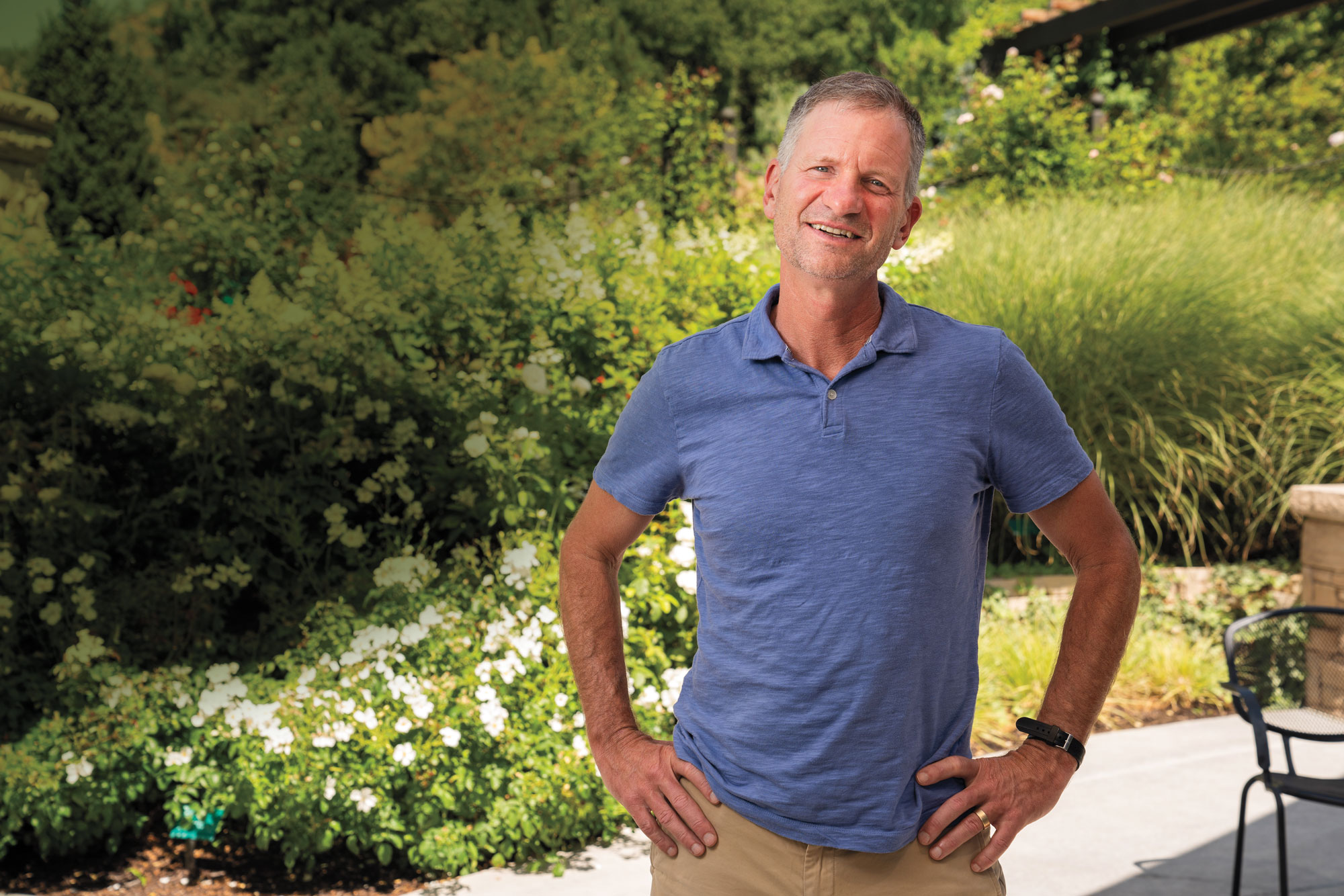Utah is at the heart of many recent environmental debates, ranging from national parks and water to land use and air quality. These crucial issues can seem impossibly complex, and finding solutions requires collaboration and creativity. Here are just two of many researchers exploring these topics from different perspectives.
A cultural perspective: The data is available. And brilliant minds are working tirelessly to create solutions to big environmental questions. So why is change so hard? Why isn’t adoption of environmental solutions more widespread?
Oftentimes the real barrier to change is related to culture, says Jeff McCarthy, the director of environmental humanities at the U. Approaching climate change from just the hard sciences isn’t enough, he says. Instead, we also need to view it through the lenses of aesthetics, religion, history, and literature to create more effective solutions and have a wider adoption of those solutions.
And that’s where environmental humanities come in. “We have bigger storms, more heat, rising oceans,” says McCarthy—and the environmental humanities look at what these challenges mean to people who live on coastlines, or who rely on irrigation water for farming, or those who will be displaced from their homes by the changing climate. And the U is a leader in this field, he says. Students from the environmental humanities go on to work in journalism, academics, and nonprofits, and are helping communities learn to adapt to changing climates.
“These are crucial issues happening right here, and it’s all the more important that we approach these issues from as many perspectives as possible.”
—JEFF MCCARTHY

Luisa Whittaker-Brooks
A chemist’s point of view: It may not be immediately intuitive for a chemistry professor to be focused on improving the environment. But Luisa Whittaker-Brooks, an assistant professor of chemistry at the U, is doing just that by training the next generation of researchers to create new materials to improve renewable energy and use fewer resources.
“Scientists used to just think about solving problems at a fundamental level, and then engineers would make devices. But that’s not how it works anymore. Now it’s blended,” Whittaker-Brooks says. And at the U, students and faculty frequently collaborate across departments. “We have this interdisciplinary network where we can address a problem from different perspectives.”
Passionate about the environment, Whittaker- Brooks hopes to inspire a new generation of critical thinkers and scientists to help address climate change. Her passion is fueled from her experiences growing up in Panama, where she saw a growing population stress already taxed natural resources. That’s one of the benefits to bettering our environment, she says: it doesn’t just benefit a single group of people—it helps the whole world.
“When our students leave, they have the know-how to proactively change people’s mindsets about the environment.”
—LUISA WHITTAKER-BROOKS
